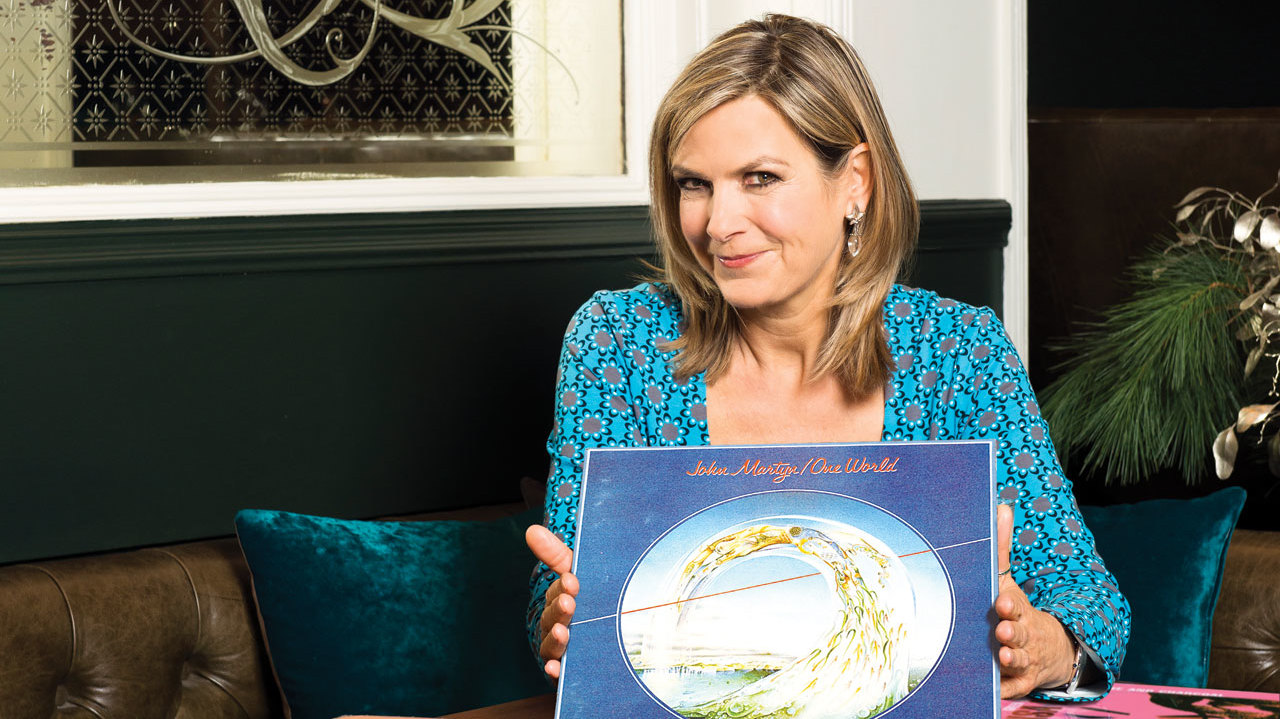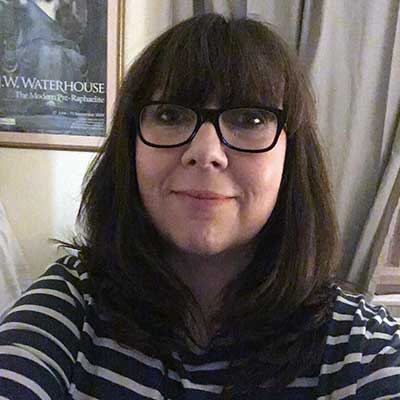I grew up in Rutland and everything involved cycling two miles somewhere. I was learning the piano and going to choir practice, travelling to and from Uppingham all the time. I’d had my first brush with folk via Bob Dylan and I told my mum I was giving these up. ‘I think I’m going to learn how to play guitar,’ I said. So I went on an outing to Nottingham – I had my injections, got my visa – and I bought a teach-yourself-guitar book. I’d read and play folk music, and walking huge distances in the country – that’s when I used to sing my songs. You can’t sing a Radiohead song on a hike, you need other people to help out. Whereas Joan Baez, Bob Dylan, Phil Ochs…
Ralph McTell was my big love. When I first got my sheet music, I turned to him. He looked friendly on the cover. I’d go home, put his records on and try and keep up. I’ve picked Easy because it’s… easy. I’d put it on, lie down, read the newspaper and think about becoming a journalist because that was all I wanted. His stories remind you of small pleasures, highlighting details of our lives and saying, ‘Have you ever thought of this?’
I then discovered the Cambridge Folk Festival, which seemed like the coolest thing in the world. I went on my own, dragging my guitar and sleeping bag along. My mum and dad understood the excitement, thrill and sometimes terror of a child experiencing their own adventures. I went to see Ralph McTell, but I fell in love with John Martyn, an unknown entity to me. And I discovered that enjoying music live is very different from being at home listening to stuff on the Hitachi tape deck. It hits you, it connects, it leaves memories. My first Martyn album was Solid Air, then Sunday’s Child. One World I found by leafing through the records at someone’s house. When it got to Small Hours – and it was the small hours – I thought, ‘This is brilliant.’ Late at night, listening with friends, thinking wistful thoughts. It’s above love that’s on the turn, and the feeling that it gave me, that’s the intimacy of folk music.
Years ago my niece and nephew told me to listen to Martha Wainwright. She’s fantastic, as is her brother. I then thought, ‘Wainwright, that’s an unusual name, I wonder if she’s related to Loudon?’ Of course she is. I didn’t even know he was married to one of the McGarrigles, so I went back to one of my favourite albums, Kate and Anna McGarrigle’s Dancer With Bruised Knees. When I got this, I’d been to the folk festival and almost all my albums from then on were influenced by people I met from playing my guitar in pubs. People would start a tune and I’d say, ‘What’s that?’ or people would ask me, ‘Have you heard…?’ The first time I heard this I didn’t know they were Canadian, I was impressed that they sang in French. This had fantastic songs that furthered folk music, but I couldn’t play them. At 17, I left my guitar and my home and went to France.
In my 20s I backpacked in central and south east Asia and came back with loads of tapes, a lot of which I’ve lost – I probably won’t replace the gamelan ones. Back in the UK I became extraordinarily interested in world music, at the same time that Peter Gabriel was championing it. Through reading reviews and going into record shops I would try and buy. Mari Boine Persen was one of my finds. She’s Sami, from the Arctic. I didn’t realise her songs are protest songs, but her style is almost hypnotic, like sitting by fires after a folk festival with people singing and not moving very much musically, just five chords or so repeated. I would write my early articles while listening to her, Gula Gula was on repeat for years.
Wherever I travel I find music that I like. In Central and South America I loved pan-pipes, Mariachi, guitars… and Brazil has a music of its own. [Fellow broadcaster] Mariella Frostrup told me to listen to Marisa Monte’s version of Pale Blue Eyes by The Velvet Underground and I was immediately in love. She’s jazzy, but she also folks it up and on the album [Rose And Charcoal], she made me listen to the words for once. I like women’s voices. I have fantastic women friends and when we get together – generally talking over each other, but still being heard – there’s a bond that cuts through.
I’ve spent long periods of time single, going on dates. One chap brought me three CDs after we’d had a chat about music on the phone. Caroline Lavelle’s Spirit was one and as soon as I put it on I thought, ‘Oh, yes.’ She’s a songwriter and cellist with a beautiful melodic voice and she’s worked with lots of people [Muse, Laurie Anderson, Massive Attack]. When I worked on GMTV I did yoga three days a week, it made me feel better about getting up at 4am. I’d play Spirit – it’s almost chill-out music, so gentle and soothing – it’s my go-to album for the contemplation of thorny issues.
Madredeus are from Portugal, recommended to me by a friend who took me to see them and I ended up buying two albums. They have this incredible singer, Teresa Salguiero – dressed in black, elegantly poised with hair neatly slicked back into a bun – who has so much clarity to her voice and I wanted to be her. They’re a little like Philip Glass’ operas, a repetitive nature but beautiful in a way that builds. One of my favourite songs is about the air being translucent, so we’re back to nature and loveliness!
I was doing Midweek on Radio 4 and one of the guests was Christy Moore. Awful as it sounds, I’d not heard him, but I soon thought, ‘That’s got my name on it.’ I always recommend the joyful Ordinary Man, featuring The Reel In The Flickering Light, about a whole load of insects dancing by the firelight. Every time I hear it I want to cut a caper in a very ludicrous way.
I’m a recent convert to British Sea Power. My bloke was playing Sea Of Brass and it was full of noise. I like to have my ears blown off in a sonic hurricane and some of my favourite things are Wagner and Richard Strauss. This has that, plus it’s incredibly melodic. It couldn’t tick more boxes if it came with a pickled egg and some chips and curry sauce. Creative, unusual, they look both backwards and forward, have the folk thing, and stories, and manage to squash it together into a Chelsea bun with extra sprinkles on it and superb cover design.
Muse is my final choice. I’ve seen them countless times and what a huge, operatic noise they kick up. They’re like a painting of thunder and lightning with a massive sea thumping onto a pebble beach as seagulls and an albatross swirl around. I wrote one of my books to Black Holes And Revelations; another I wrote with Wagner’s Götterdämmerung on repeat. Muse conjure the universe with their work, a knowing, vital force. Even if I’m not listening to Black Holes…, I feel like I’m hurtling through space with them.”
Hear Penny every Saturday morning on www.talkRADIO.co.uk, and follow her on Twitter at @WhichPennySmith.
Little Britain actor Paul Putner lets us leaf through his record collection
Judge Dredd illustrator Brian Bolland gives us a peek at his record collection
We have a leaf through Pub Landlord Al Murray's record collection

